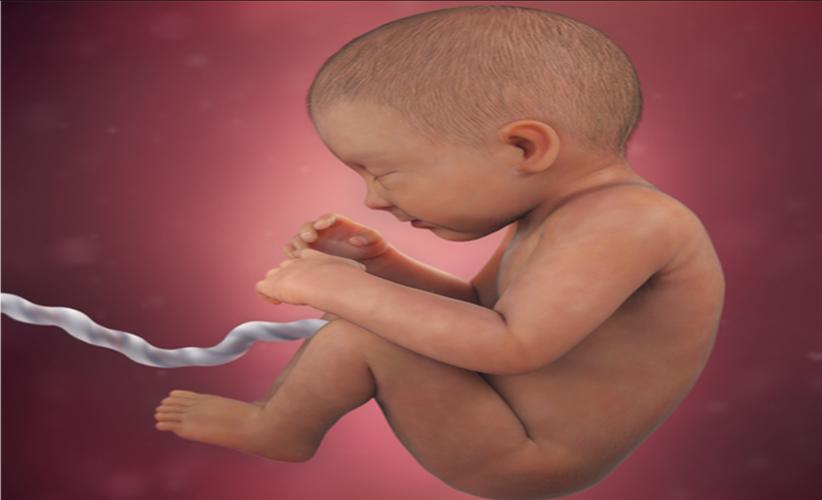33 Weeks Pregnant: What to Expect for You and Your Baby This Week
At 33 weeks of pregnancy, you're just a few steps away from meeting your baby, and both your body and your baby are undergoing significant changes. You're well into your third trimester, and your baby is continuing to grow rapidly. In this article, we'll explore the development of your baby, the changes in your body, potential symptoms you may experience, and the things you should pay attention to during this week.

Baby's Development
By this week, your baby is approximately 43-45 cm (17-18 inches) long and weighs around 1.9-2.1 kg (4.2-4.6 pounds). Although your baby's lungs aren't fully mature yet, they are starting to make breathing movements. The brain is developing rapidly, with brain folds becoming more pronounced. Your baby's skin is getting smoother and less wrinkled as fat deposits increase. With less room to move, your baby may be less active than before, but you should still feel plenty of movement.
Immune System: Your baby's immune system continues to strengthen. Antibodies passed through the placenta from you to your baby will help protect them against infections after birth.
Eye Movements: This week, your baby may start opening their eyes and responding to light changes. Babies at this stage can move their eyes from side to side and blink.
Changes in Your Body
At 33 weeks, your body is experiencing many changes as well. As your baby grows, your uterus may press against your ribcage, making it harder to breathe deeply.
Shortness of Breath: As your uterus expands, it may put pressure on your diaphragm, leading to shortness of breath. This may ease somewhat as your baby moves into the birth position in the coming weeks.
Sleep Problems: You may find it challenging to get a good night's sleep due to your baby's movements, frequent need to urinate, and physical discomforts. A warm shower before bed or finding a comfortable sleeping position may help improve your sleep.
Varicose Veins and Hemorrhoids: The increased blood volume and pressure from your growing uterus can lead to varicose veins and hemorrhoids, which are common in this stage of pregnancy. Avoid standing for long periods and try elevating your legs to reduce discomfort.
Sensitivity and Pains: As your baby gains weight, you may experience more back, hip, and pelvic pain. Good posture, pregnancy exercises, and using a supportive pregnancy pillow can help alleviate these discomforts.
What Should You Be Aware of This Week?
Nutrition: It's crucial to maintain a healthy, balanced diet during this stage. Ensure you're getting enough vitamins and minerals to meet both your needs and your baby's. Nutrients like iron, calcium, and omega-3 fatty acids are particularly important.
Birth Plan: Now is a good time to start reviewing your birth plan. Consider where you'd like to give birth, who you want with you during labor, and your postpartum care plan.
Staying Active: Light daily exercises can boost your circulation and prepare your body for labor. Low-impact activities like walking, yoga, and swimming can help you stay physically and mentally relaxed.
Stress Management: As you get closer to your due date, your stress levels might increase. Meditation, deep breathing exercises, or engaging in a hobby you enjoy can help manage stress.
Regular Check-Ups: It's important not to miss your prenatal appointments at this stage. Regular check-ups will help monitor your baby's growth and your health. Your doctor will track your baby's position, weight gain, and other crucial details.




